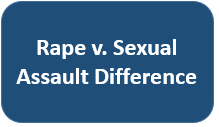Article Updated: May 1, 2022
Difference Between Sexual Assault and Rape
I have investigated and handled sexual assault cases, and work with several lawyers who specialize in that practice area – meaning they’ve handled hundreds of sexual assault and rape cases.
Although there is some overlap in the definition of the two, there is a difference between rape and sexual assault, and it is not one of semantics.
You will learn that difference below. If you have question after reviewing my below research, use the contact form on this page to schedule a free consultation with me.
Clickable Table of Contents
Sexual Assault & Rape Differences
1 – Defining The Differences Between Rape And Sexual Assault
2 – Main Difference Between Sexual Assault And Rape
3 – How Courts Handle Difference Between Rape & Sexual Assault
4 – Legal Process Differences Between Rape and Sexual Assault
5 – Victimization Differences Between Assault & Rape
6 – Difference between rape and sexual assault Q&A
Resources
7 – Getting Help With Your Sexual Assault Or Rape Case
8 – Supporting Literature, Citations & Research
9 – About the Author
10 – Legal Help in Maryland & Nationally
Defining The Differences Between Rape And Sexual Assault
The definitions of rape and sexual assault are important to understand. The differences in these terms also need to be understood because the definitions determine the scope of the problem of rape and sexual assault as well as how the acts, the victims, and perpetrators are perceived and treated in society and in the courts.
Additionally, it is the definitions that affect how we think about both the problem of rape and sexual assault and what we believe can be done about the problems.
But what’s the difference between sexual assault and rape? The difficulty in defining rape and sexual assault makes legal proceedings and even accusing someone of rape or sexual assault a challenging prospect.
Part of the difficulty in defining the differences is that rape is included under the larger umbrella of sexual assault.
 Rape Data
Rape Data
Sexual assault states that when any form of penetration takes place it is classified as rape and since rape is a form of sexual assault this term is used synonymously with rape.
Whether its sexual assault or rape, when either takes place the individual affected is left with a myriad of mental and physical health issues that last a lifetime.
In the United States alone about 45% of women report having had a sexual violence victimization other than rape take place against them at some point in their lives, and approximately 20% of American women report at least one rape experience.
Sexual Assault Defined
So what’s the difference between sexual assault and rape and is it important to define a difference? Simply put, criminal sexual assault according to the AMA can be defined as “any genital, oral, or anal penetration by a part of the perpetrator’s body or by an object, using force or without the victim’s consent”.
Even more simply put, sexual assault is known as any form of unwanted sexual contact.
Sexual assault unlike rape focuses on a number of acts like fondling and molestation. Rape is also a form of sexual assault, but the main difference is that rape requires penetration while sexual assault does not necessarily require penetration to be classes as sexual assault.
Rape Defined
Rape, unlike other forms of sexual assault, requires unwanted penetration that happens orally, anally or vaginally and this is the major difference between rape and sexual assault.
Many forms of rape are possible and each one has its own unique legal parameters and requirements. This includes:
◊ Acquaintance Rape
◊ Statutory Rape
◊ Date Rape
◊ Elder Rape
◊ Serial Rape
◊ Spousal Rape
Each form of rape has small differences regarding what act of sexual assault is included in its legal definition and this impacts evidence needed, legal processes, which court paperwork is filed in, and what recourse is available in civil court.
Main Difference Between Sexual Assault And Rape
The main difference between sexual assault and rape is that the latter requires penetration while the former does not, but can include it.
Sexual assault in a broad sense refers to unwanted sexual contact and rape falls under this definition.
Ultimately one definition (rape) is a more specific and narrow form of sexual assault.
The confusion comes from the fact that the terms sexual assault and rape are often used interchangeably.
This interchangeability is done in academic research, in literature reviews and within society as well as in many legal documents.
The easiest way to parse through the confusion is to see the term sexual assault as an umbrella term that has underneath it all possible unwanted sexual acts, and rape is one of them.
Rape stands on its own as needing the act of penetration but sexual assault includes many additional unwanted acts that have no penetration including:
◊ Sexual harassment
◊ Molestation
◊ Fondling
Sexual assault can happen with the victim and/ or the perpetrator being from any sexual orientation; meaning that sexual assault can cover male on male acts, female on female or male-female acts of unwanted sexual assault.
How Courts Handle The Difference Between Rape & Sexual Assault
Different states have different laws, incarceration and mandatory minimum rules for sexual assault and rape.
Courts handle different or varying levels of sexual assault with very different punishments.
A rape and a case of sexual harassment are for example both cases of sexual assault, but it is more common for the former to result in longer prison sentences, probation, parole, fines and civil damages compared to sexual harassment.
Even a case of rape will be treated differently by the courts depending on the circumstances of the rape.
Certain groups are a protected class which means that a rape against them will result in even harsher than usual punishments.
The elderly are one such group and cases of rape against a vulnerable class that is protected like the elderly, or the disabled, will lead to the courts passing down even tougher and longer punishments.
As the criminal punishment increases and become more severe, so do the potential civil damages that get awarded and the fines that the perpetrator is given.
The court has another way to deal with rape and sexual assault and this is registering individuals who have been convicted of any form of sexual assault into a database that is in the hands of the government.
This information is meant to be used in the future by entities like nursing homes to ensure that they do not place vulnerable people in positions where they are at risk of sexual assault.
Different Evidence Needed For Rape & Sexual Assault
Sexual assault cases need many pieces of evidence including phone records, physical evidence, witness testimonies, text messages, video evidence, and anything else that can help establish that contact definitively took place between the victim and the perpetrator.
Rape as a narrower act of sexual assault needs to have specific pieces of evidence such as DNA, the use of a rape test kit and physical examination reports that are done usually at hospitals. This evidence is able to help substantiate the penetrative acts that take place in rape.
This is however not always possible, and other evidence can be used like witness statements, photographs or any available biological evidence.
Rape & Sexual Assault Criminal Versus Civil Courts
Criminal courts and civil courts are different in their scope, the judgements they pass, and the level of proof or the burden of evidence that are needed in order to find the accused individual guilty or liable.
In a criminal court a much higher burden of proof is needed in order to find someone guilty. In a criminal court a person who is found guilty can face potentially decades in jail or under the supervision of a probation and parole department in addition to heavy fines.
A civil court on the other hand is concerned with showing that another person’s actions caused pain, suffering and damages and then helps the victim gain a financial compensation to recover from some of the damages that were caused against them. In civil court, you only need to prove by 51% or greater likelihood that the sexual assault happened.
Legal Process Differences Between Rape and Sexual Assault
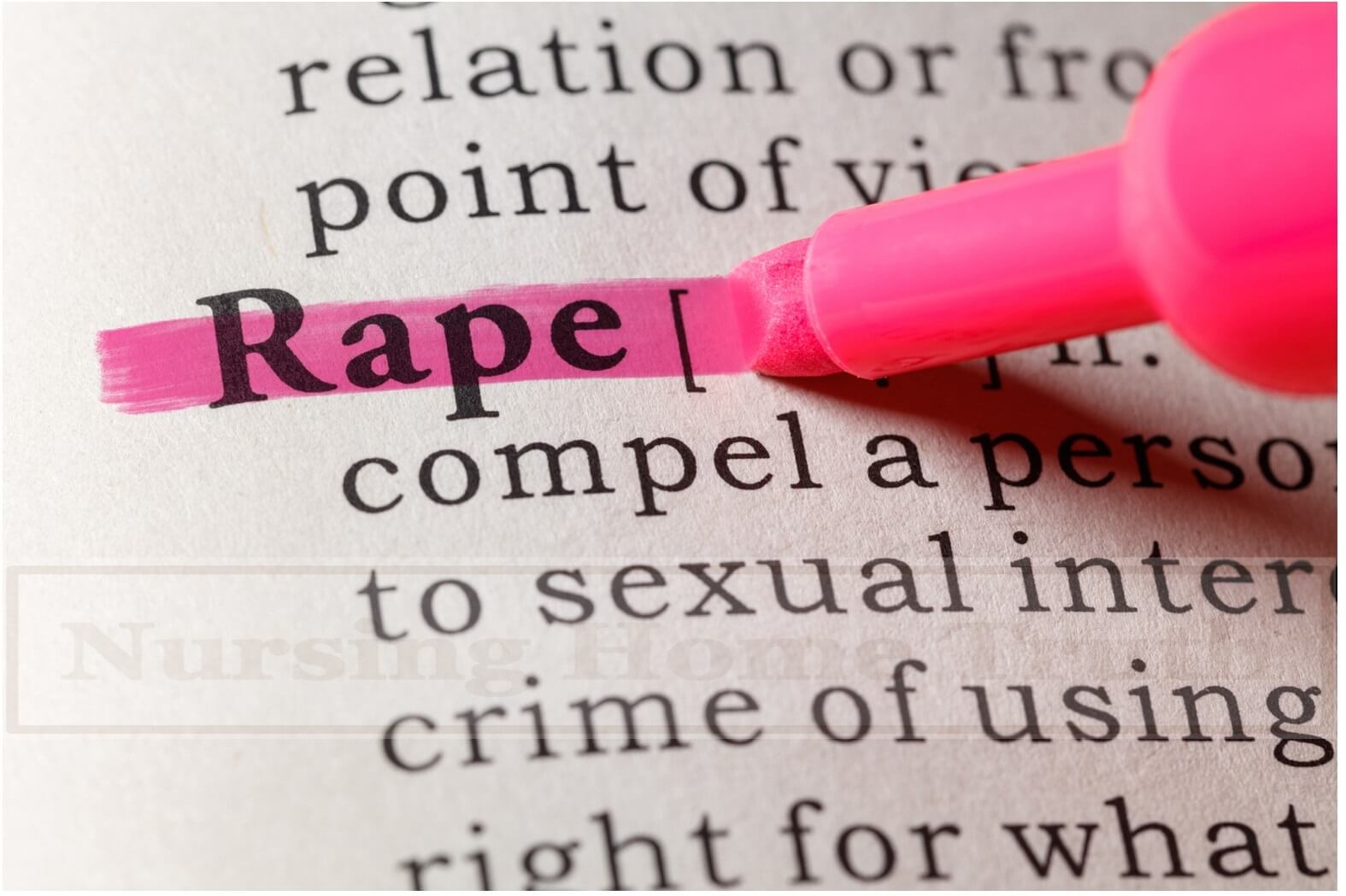
To prove a case of sexual assault or battery you will need to prove things like the unwanted sexual contact was not consensual and was wholly against the will of the individual.
If it can be shown that the defendant also touched the victim in a sexual manner or intimate area while the victim was incapacitated or restrained this can be used in the legal proceedings as evidence.
Both legal processes require that the victim report the incident and that a report is filed with the police. The police will conduct an investigation and will work with the DA on the collection and filing of all evidence.
Both will also require that evidence be presented and that the victim at some point and time make a statement in court.
The additional legal process of going to civil court will be in the hands of the victim and the attorney that they secure to file the appropriate paperwork to recover for damages. This process does not need to wait for a criminal case to conclude, you can pursue both simultaneously.
Victimization Differences Between Assault & Rape
Sexual assault and rape also have specific outcomes when it comes to the extent and type of victimization that an individual goes through.
With cases of rape for example there is a significantly higher prevalence of risky behavior that come about from the incident like heavy drinking, binge drinking and smoking which are coping methods for the victimized individual.
Sexual assault cases are often left with multiple additional issues like dissociative disorders, psychosomatic disturbances, substance abuse, difficulties with sexual functioning, self-harm, and suicide.
Emotional
Depression is a major emotional consequence of sexual assault of any format. Rape is not needed for a person who has been the victim of sexual assault to become depressed in a serious, severe and long-term manner.
Another emotional consequence of sexual assault is that the individual is often left with feelings of anxiety and fear that impacts how they live their day to day lives.
Psychological & Mental
PTSD is a pervasive problem among female sexual assault survivors which can cause there to be a chain of events that lead to serious harm in psychological state.
Serious mental health conditions like suicidal ideation are also common among women who experienced sexual assault of any kind.
Psychological reactions to serious sexual assault and rape have a very high chance of causing post-traumatic stress disorder that acts as the catalyst for numerous debilitating psychological reactions.
Without proper treatment, the negative impact can cause a downward spiral in the victim’s health.
Physical
Chronic health conditions are another subgroup of consequences that those who have been victims of sexual assault or rape are burdened with. Some of the most common physical consequences are:
◊ Disability
◊ Asthma
◊ Self-Harm
Being the victim of rape or sexual assault has a seemingly endless potential for harm against a person. The event will leave a person filled with anger, feelings of helplessness, shame, fear, and trauma that is emotional, physical and psychological that often need a lifetime of active help to deal with.
In this manner, there is little difference between sexual assault and rape because both can and often do, leave the victim with these same consequences and impacts.
What’s the difference between sexual assault and rape in terms of victimization?
In the immediate aftermath it will be the level of physical contact that takes place, i.e. penetration versus no penetration..
In the long term aftermath, however, both leave the victim with long-term victimization impacts that must be dealt with.
Difference between rape and sexual assault Q&A
Is there penetration in sexual assault?
Sexual assault can include penetrative acts such as rape and sodomy but there is no absolute requirement that penetration took place in order of there to be sexual assault. Other sexual assault acts like sexual harassment, groping and fondling are all also sexual assault but are not penetrative acts.
Does rape always have penetration?
Yes, unlike sexual assault that can include non-penetrative acts, the legal definition of rape is that there is some form of penetration whether it is oral, anal or vaginal in nature.
What is the difference between sexual assault and rape?
The major difference between sexual assault and rape is that rape requires penetration in its definition while sexual assault does not need penetration.
Are there cultural impacts on survivor stress in victims of sexual assault and rape?
Yes, there has been evidence gathered that cultural factors can help create higher rates of psychological distress in survivors that come from social backgrounds where there are negative reactions when an individual reveals that they have been victimized.
Are men also victims of sexual assault and rape?
While women make up the bulk of sexual assaults and rapes in the U.S. and globally, this does not mean that men are not also possible victims of rape and sexual assault. Men can also become victims of both of these acts in their lifetime. I have clients who are both male and female sexual assault victims.
Getting Help With Your Sexual Assault Or Rape Case
You do not need to suffer alone. Importantly, your voice has a double impact. You can force the assailant to face justice, and also help prevent others from suffering the same harm at the hands of this wrongdoer.
Do accomplish any of that, you need a skilled advocate by your side, and I am intimately familiar with handling sexual assault cases and helping victims like you.
For a free, anonymous consultation, contact me any time using the contact form below.
Warmly,
Reza Davani, Esq.
State Bar No.: #1212110211
Federal Bar No.: #30168
Cellphone: (301) 922-4598
Email: reza@nursinghometruth.com
Abuse & Assault Legal Library
Click/Tap Icons to Access Articles

Supporting Literature, Citations & Resources:
Au, T. M., Dickstein, B. D., Comer, J. S., Salters-Pedneault, K., & Litz, B. T. (2013). Co-occurring posttraumatic stress and depression symptoms after sexual assault: A latent profile analysis. Journal of affective disorders, 149(1-3), 209-216.
Rymel, L. (2004). What is the difference between rape and sexual assault. U.S. Department of Justice Office of Justice Programs
Petty John, M. E. (2016). Psychosocial and Relational Effects of Sexual Assault (Doctoral dissertation, Oklahoma State University).
Fisher, B. S., Daigle, L. E., & Cullen, F. T. (2009). Unsafe in the ivory tower: The sexual victimization of college women. Sage Publications.
Mason, F., & Lodrick, Z. (2013). Psychological consequences of sexual assault. Best Practice & Research Clinical Obstetrics & Gynaecology, 27(1), 27-37.
Santaularia, J., Johnson, M., Hart, L., Haskett, L., Welsh, E., & Faseru, B. (2014). Relationships between sexual violence and chronic disease: a cross-sectional study. BMC public health, 14(1), 1-7.
About the Author
This nursing home and medical malpractice article was written by Baltimore, Maryland nursing home attorney Reza Davani, Esquire. Mr. Davani received his Juris Doctor degree from a Tier 1 law school, the University of Maryland Francs King Carey School of Law. He received his first license to practice law from the State of Maryland’s Court of Appeals (MD State License No. 1212110211), and just four months later received a federal law license from the United States District Court for the District of Maryland (Federal License No. 30168).
Mr. Davani has been practicing law for over 10 years. He began practicing law by helping clients as a sanctioned student lawyer before receiving his law license, and second chaired his first jury trial in federal court before even graduating law school. He is a registered member of the Maryland Association for Justice (MAJ), the American Bar Association (ABA), the American Association for Justice (AAJ), and was formerly on the MAJ’s Legislative Leader’s Circle.
Mr. Davani has taken over 20 cases to trial in state and federal court, and favorably settled well over 100 cases for injured victims. He has personally helped his clients recover over $15,000,000 in personal injury, medical malpractice, and nursing home abuse settlements and verdicts in Maryland and other states. He is dedicated to fighting for justice, and welcomes the opportunity to help you.
Sexual Assault Lawyer Near You in Baltimore, Maryland & Beyond
I can help you anywhere in Maryland, including Allegany County, Anne Arundel County, Baltimore City, Baltimore County, Carroll County, Calvert County, Caroline County, Cecil County, Charles County, Dorchester County, Frederick County, Garrett County, Harford County, Howard County, Kent County, Montgomery County, Prince George’s County, Queen Anne’s County, Somerset County, St. Mary’s County, Talbot County, Washington County, Wicomico County, and Worcester County.
I have helped clients in over a dozen jurisdictions, including California, Delaware, District of Columbia, Georgia, Illinois, Iowa, Massachusetts, Maryland, Mississippi, New Jersey, New Mexico, New York, North Carolina, Pennsylvania, South Carolina, Washington, and Virginia.
I help injured victims nationwide in all 50 states on a case-by-case basis via Pro Hac Vice.


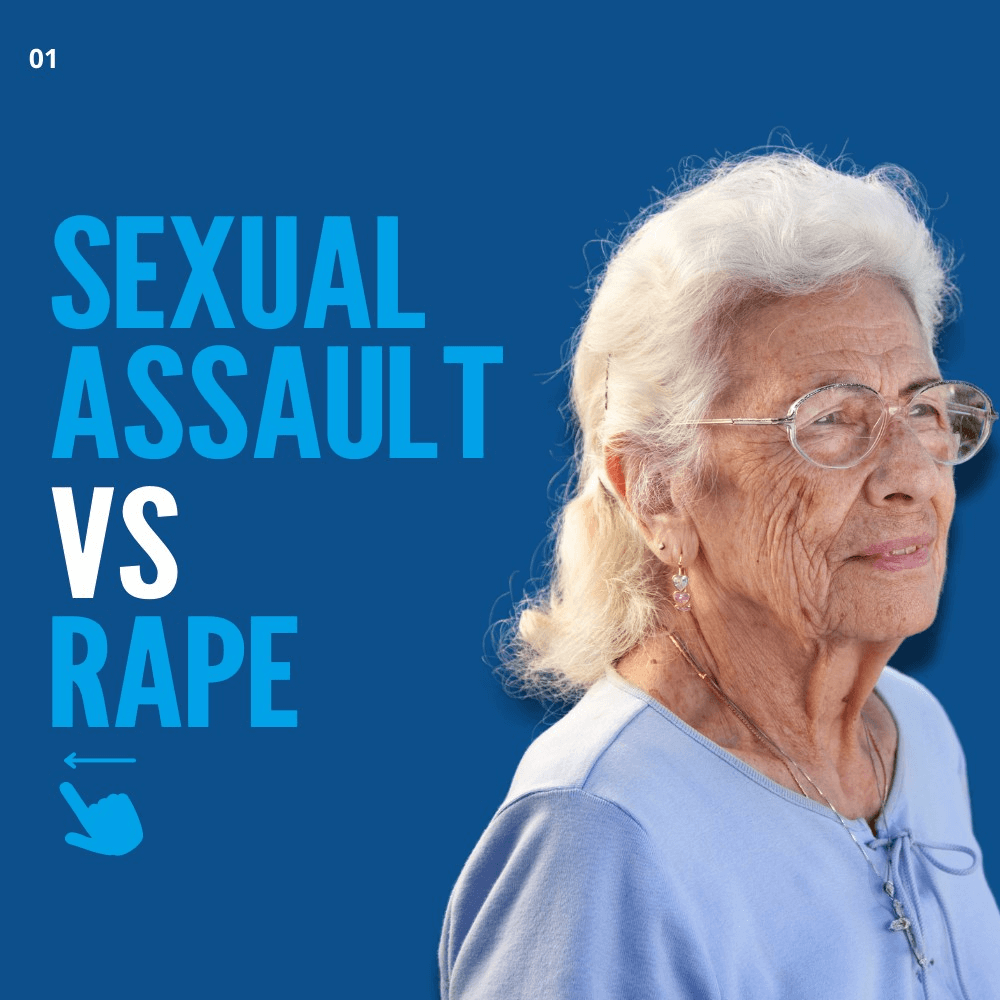
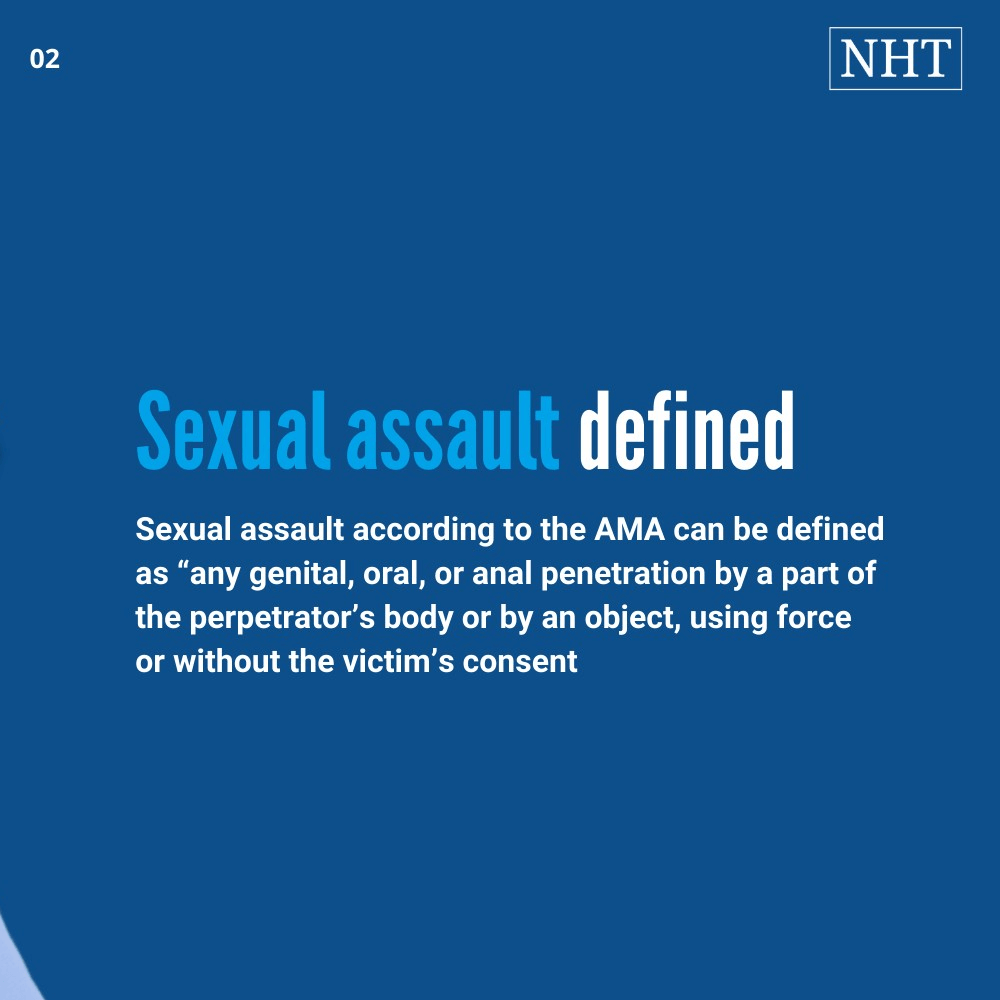
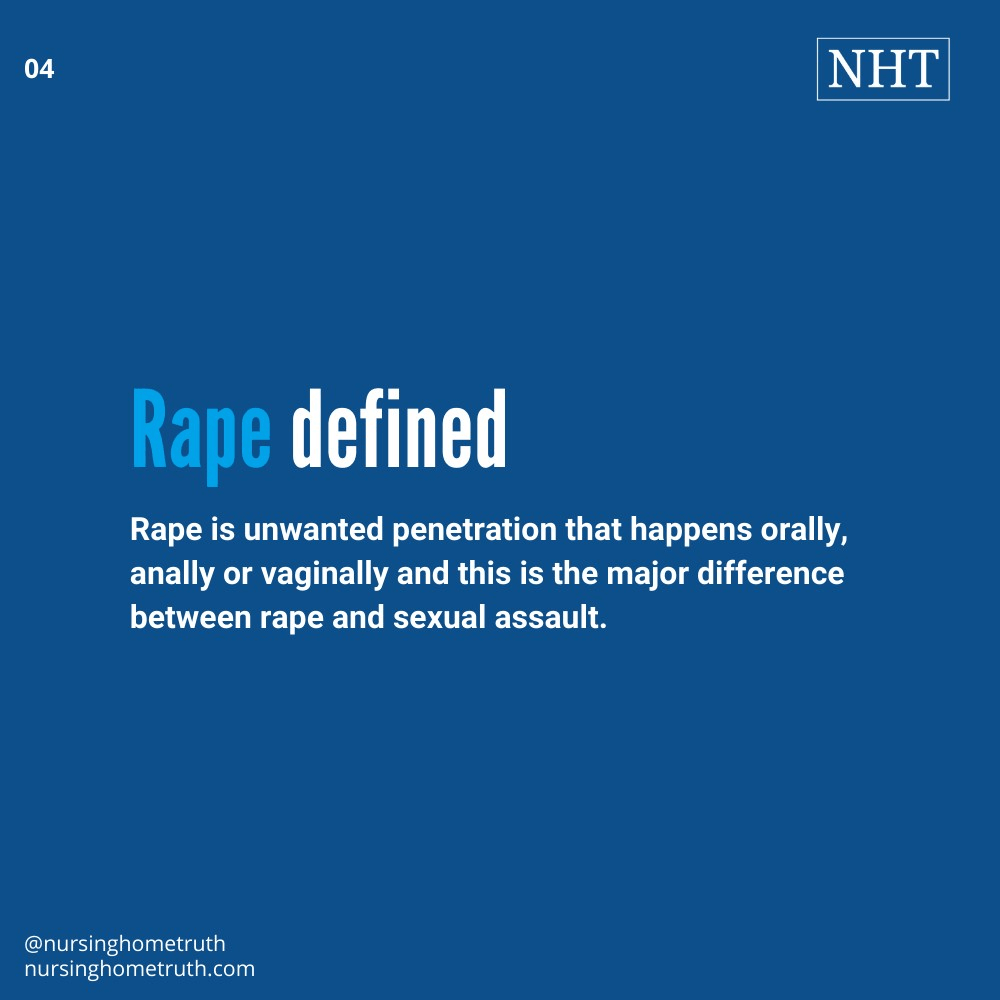
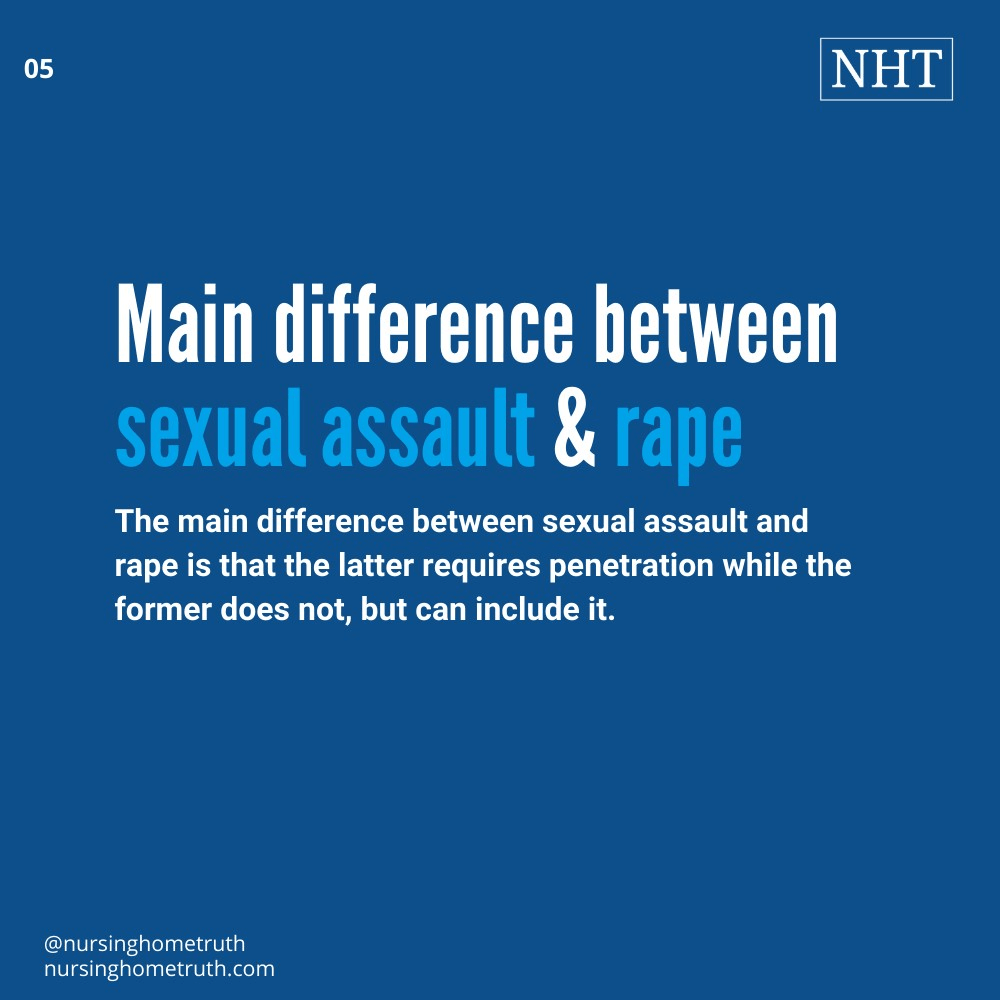

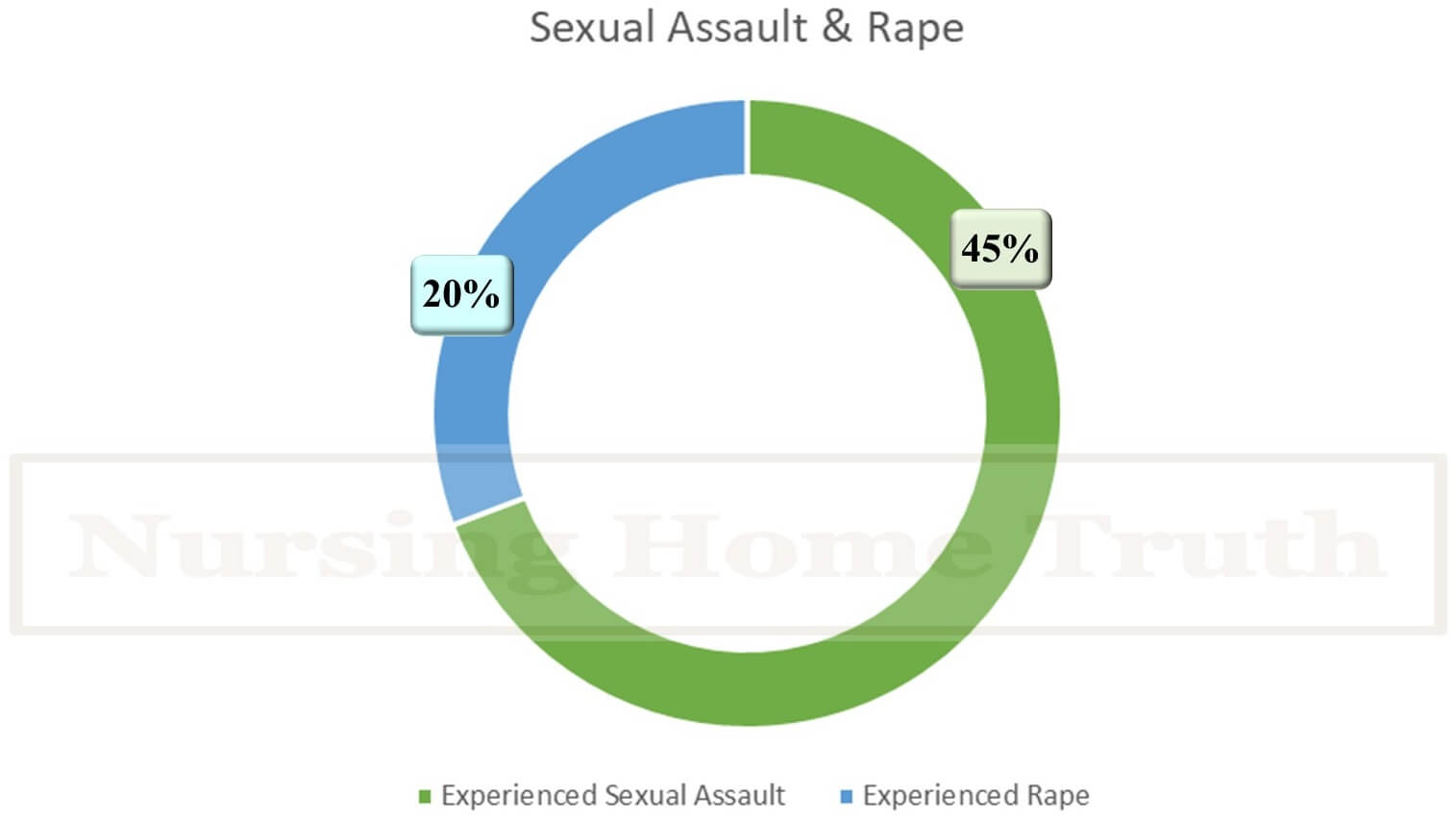 Rape Data
Rape Data



